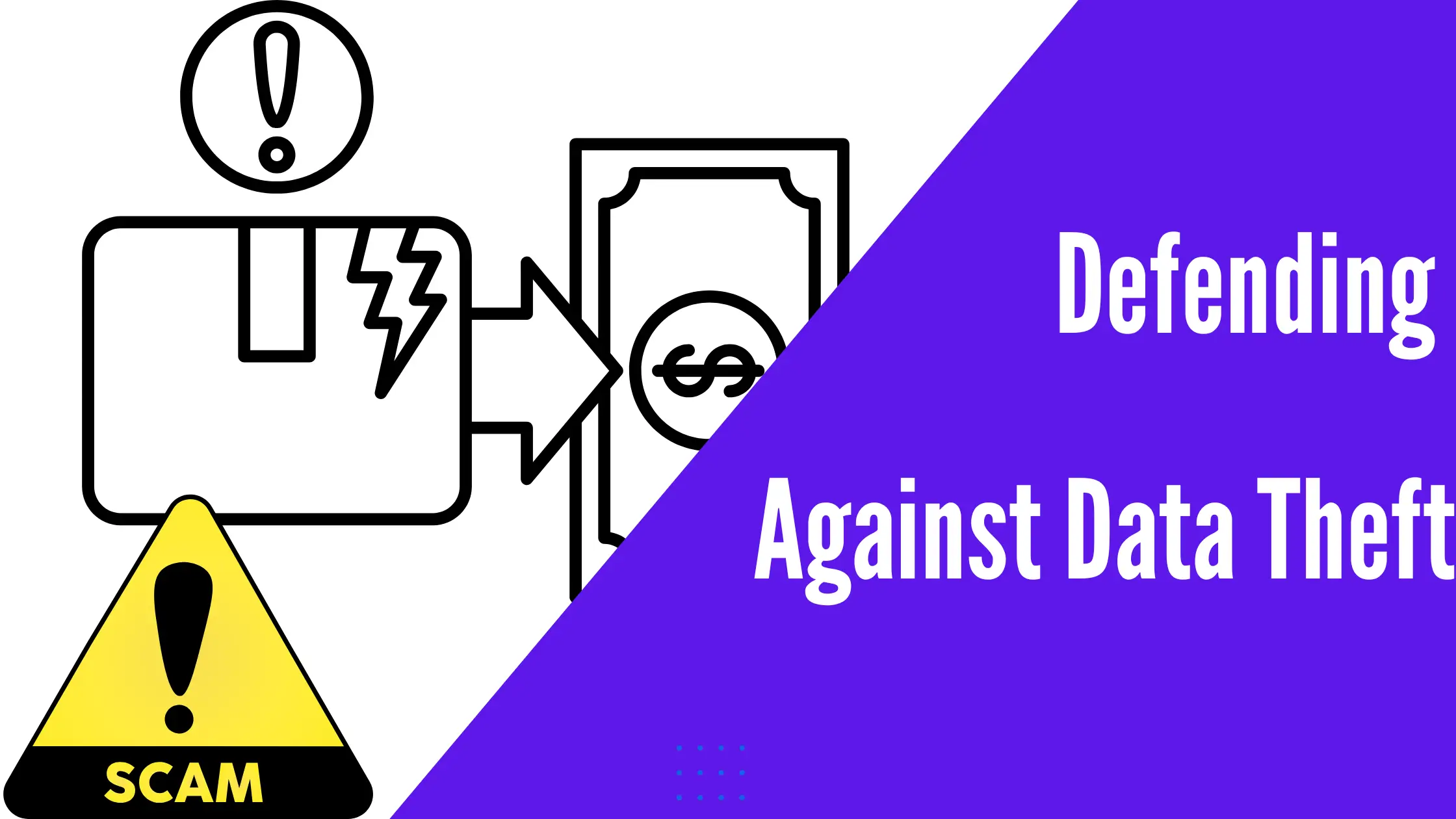Last updated on July 20th, 2025 at 07:23 pm

In the digital age, increasing reports of violations of privacy present a persistent challenge, requiring governments and law enforcement agencies to bolster security protocols and safeguard sensitive information effectively. The prevalence of data theft underscores the critical need for robust cybersecurity measures in our increasingly interconnected world.
Enhancing security frameworks is paramount in mitigating the risks and consequences associated with data breaches. As technological advances continue to evolve, proactive strategies must be implemented to combat the growing threat of data theft. Safeguarding confidential data is imperative to uphold the integrity and trust within digital environments.
What is data theft
Data theft refers to unauthorized access to or acquisition of data stored in a secure location to which only authorized individuals should have access. Stolen data can include many variations, such as names, addresses, social security numbers, credit card numbers, health records, etc. Cybercriminals can or may use these stolen data for identity theft or other such crimes.
Data theft can take various forms, such as phishing attacks, hacking computer systems or networks, exploiting multiple software vulnerabilities, and insider threats. Once the data is stolen, cybercriminals can sell it on the dark web or use it for blackmail, espionage, financial gain, or other illegal activities.
How does data theft happen
There are multiple reasons why data theft happens. Here is a list and an explanation of how it happens:
- Phishing is manipulating individuals by disguising emails and websites as trustworthy. This would cause individuals to perceive them in that light and trust that divulging sensitive information like address, username, password, or credit card information would not be used in any illegal matter when, in reality, that is what it will be used for.
- Malware refers to malicious software such as viruses, trojans, or ransomware that can affect your computer and network, allowing cybercriminals to easily access unauthorized data.
- Weak passwords: This type of password is usually easy to figure out and this will prove to be a straightforward way for attackers to gain access to whatever it is they want.
- Unsecured wifi network: These types of wifi are usually public wifi networks especially those without any kind of encryption known to be weak to data interception.
- Insider threats refer to employees or individuals who have access to sensitive information and may abuse their authorization to use the information for their own gain.
- Physical theft: The theft of devices such as smartphones, computers, or external hard drives can result in data breaches.
- Social engineering: Attackers can use social engineering to manipulate individuals into divulging sensitive information or granting access to essential data.
- Third-party breaches: data can also be easily accessed from a third-party service that can access an organization’s system or data.
- Data interception refers to preventing information from reaching its designated location over a network or through insecure channels.
Define insider data theft
Insider data theft refers to the unauthorized access of sensitive information by an insider who has legitimate access to such information; these insiders could be anyone from employees to contractors or partners.
This type of data theft will involve various forms of sensitive information, such as intellectual property, customer data, trade secrets, financial records, etc. This information is critical to an organization’s growth.
Why is guarding against data theft important in this digital age
Guarding against data theft in this day and age is very important due to the existence of hackers and cyber criminals out there; once they have the means to access any data that is of relative importance, they can use it to do whatever they please, such as fraud, blackmail, etc. Here are some more reasons why guarding against data theft is important in this digital age:
- Identity theft-unprotected or poorly protected information can lead to identity theft. In this situation, cybercriminals would use your personal information to impersonate you by doing some fraudulent activity, which can lead to reputation or financial harm.
- Ensuring business continuity: Businesses need their data to be secure to maintain their operations and protect proprietary information from theft.
- Maintaining ethical standards—This refers to ethical standards when it comes to protecting data because they respect individuals’ rights and promote trust in digital standards.
How can you protect your data from data security breaches
Here are some tips on how to safeguard your data from security breaches:
- Strong password: For every account that you create, use complex and unique passwords to secure them
- Firewall and antivirus software: Having this software installed in your system will protect you from unauthorized access and detect potential threats.
- Multi-factor authentication (MFA) has extra layers of security added to (MFA) whenever possible.
- Employee education: Have cyber awareness training conducted to educate employees on phishing and other cyber crimes and security risks.
 Skip to content
Skip to content 